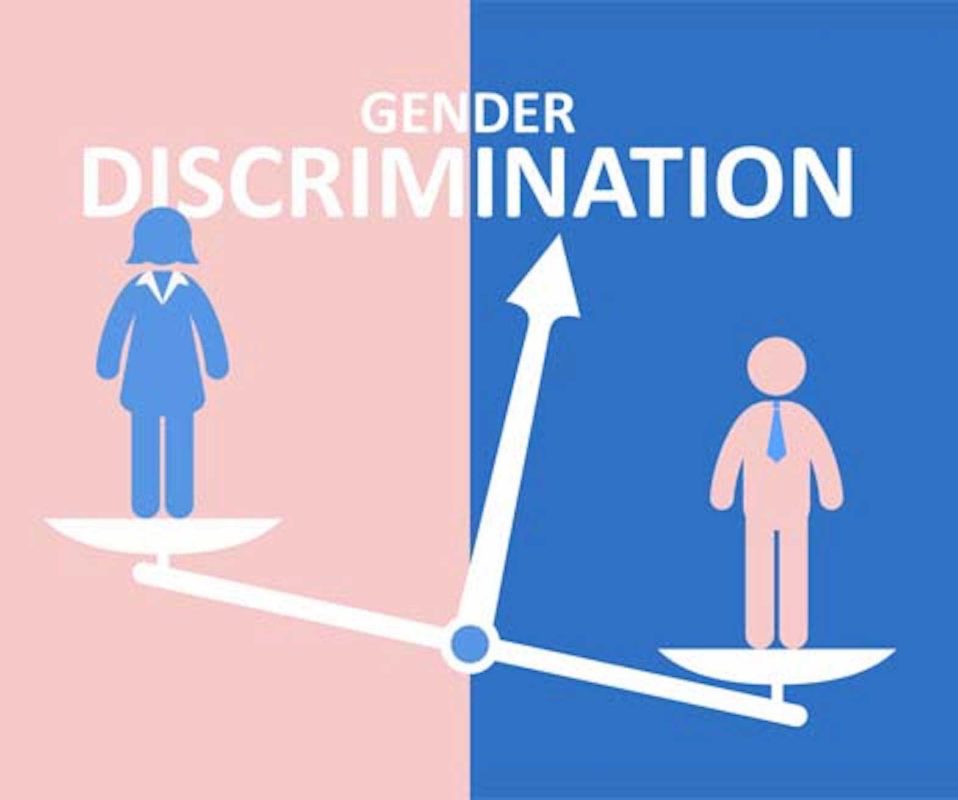Denial of promotion + unequal pay for women = sex discrimination

Yunghui Chen worked as internal auditor for Western Digital Corporation, one of the world’s largest hard disk manufacturers in the world, based in San Jose, California. It employs over 5,000 people in the United States, with revenues in the billions of dollars per year. Ms. Chen started as a Senior Internal Auditor in 2005 and was promoted to Internal Audit Manager in 2008, a position she held until her employment ended in September 2016.
Ms. Chen sued her former employer, on behalf of herself and other female employees in the company, alleging that Western Digital engaged in sex discrimination and violated the California Equal Pay Act.
Ms. Chen alleged that men dominate the company’s leadership and management. The company discriminates against women by permitting their predominantly male leadership to overtly favor men in pay, promotions, and other opportunities regardless of their qualifications. The company’s compensation, promotions, and placement policies and practices have resulted in company-wide gender discrimination and sex-based disparities against its female workforce.
In her complaint, Ms. Chen accused the company of relying on a tap-on-the-shoulder promotion process that unfairly impacted women. Rather than posting open positions, managers evaluated which of the employees they supervised should be placed into them. The placement process included non-job-related factors such as management’s personal relationship with the candidate and the candidate’s track record of career enhancing opportunities. These variables often favored men, primarily because of the over-representation of men in the company’s senior ranks. Also, the company’s salary adjustment policy consisted of vague criteria that allowed managers to rely on their own explicit and implicit biases when determining pay raises.
Throughout her tenure at the company, Ms. Chen was assigned increased responsibilities but was paid $30,000 less than her male counterparts performing equal and substantially similar work. Her employer refused to promote her to Senior Manager, despite promoting similarly situated, less-qualified men. Even though she carried out the job duties of a Senior Manager for years, Ms. Chen was denied a promotion to that role. Instead, a male employee with less experience and less seniority at the company was promoted.
California law prohibits discrimination on the basis of “sex,” defined to include a person’s “gender”; and “gender” includes a person’s “gender identity” and “gender expression.” Discrimination based on sex comes in many forms; failure/refusal to promote; unequal pay; and unequal treatment in terms of socio-business relations.
California’s Fair Pay Act prohibits an employer from paying wage rates that are less than what it pays employees of the opposite sex, or of another race, or of another ethnicity, for substantially similar work and performed under similar working conditions. If differences in wages exist, the difference must be legally justified based on factors that have nothing to do with sex, race, or other protected characteristics.
In Ms. Chen’s case, the differences in wages exist could not be legally justified based on any of the following:
- seniority system (she had been at the company longer than the men being promoted ahead of her);
- a merit system (she is more qualified than the men being promoted);
- a bona fide factor such as education, training, or experience (she is a CPA, holds advanced degrees in accounting and finance, and has several years of work experience in her field); or
- any system that measures earnings by quantity or quality of production (she was clearly doing an excellent job based on the increased responsibilities being assigned to her).
Rather than proceed to trial, the employer agreed to settle the case by paying a total of $7.75 million. Approximately 1,863 female employees will receive compensation from the settlement. The company also agreed to change its policies to eliminate gender disparities and foster equality
The Law Offices of C. Joe Sayas, Jr. welcomes inquiries about this topic. All inquiries are confidential and at no-cost. You can contact the office at (818) 291-0088 or visit www.joesayaslaw.com. [For more than 25 years, C. Joe Sayas, Jr., Esq. successfully recovered wages and other monetary damages for thousands of employees and consumers. He was named Top Labor & Employment Attorney in California by the Daily Journal, consistently selected as Super Lawyer by the Los Angeles Magazine, and is a past Presidential Awardee for Outstanding Filipino Overseas.]

